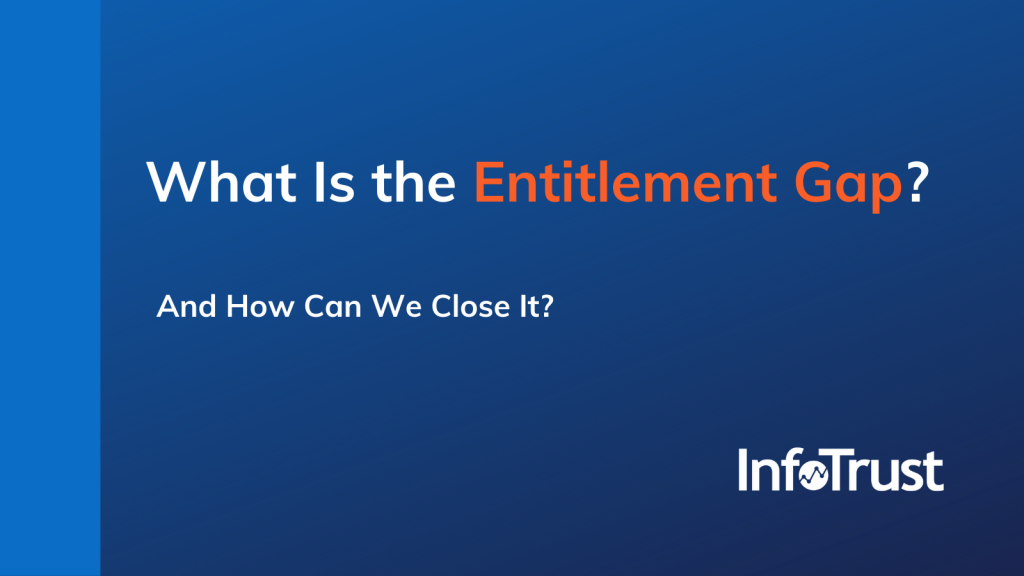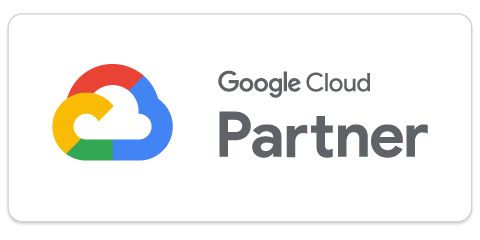You’ve worked hard, shown consistent results, grown as a leader, and taken on greater responsibility in your department. Now, it’s time to ask for a promotion.
Do you confidently approach your manager and make a solid case for why you deserve a new position? Or, do you go back and forth, listening to the little voice in your mind that says, “Do you really deserve this? Are you really doing more than other people?”
While people of all genders experience doubts, data shows that women are far less likely to feel as if they deserve career recognition. While 63 percent of men have negotiated pay, the same can be said of only 40 percent of women—and while 48 percent of men have asked for a raise outside of reviews, that number drops to 32 percent of women.
This phenomenon is known as the entitlement gap, and researchers have found that it’s a persistent problem getting in the way of even the most successful women. Read on to learn what the entitlement gap is, why it matters, and how we can work together to close it.
The Impacts of the Entitlement Gap
According to leadership coach Hanna Andersen, the entitlement gap is “a way to describe the phenomenon that men have a greater sense of entitlement to career markers, such as promotions, pay-rises, and big projects.”
In many aspects of life, women are conditioned to not take up much space and to not demand more. They often feel less deserving or less confident than their male counterparts, and as a result, they advocate for themselves less.
The entitlement gap has very real consequences on women’s lives, leading to major differences in pay, promotions, care responsibilities, parental leave, and unpaid work. Women tend to be unevenly tasked with caregiving work and emotional labor, and they often convince themselves to miss out on large work opportunities.
Furthermore, when women do overcome the entitlement gap, they’re often seen as cold or uncooperative. A recent study found that when younger women demonstrate confidence in their expertise at work and deny help from male coworkers, it may seem offensive. The men assume the young women need help and should be happy to accept it.
Broadly speaking, the discrepancies caused by the entitlement gap aren’t the result of direct malice, prejudice, or ill will. They are the result of longstanding, subtle social conditioning and unconscious biases. As a report from the educational charity The Female Lead explains, “The system can unintentionally or inadvertently exploit and benefit from this entitlement gap, which widens when we factor in women from marginalized backgrounds.” In other words, this isn’t a problem any single individual can solve. We must tackle it together.
Still, if even the most well-intentioned individuals can perpetuate the problem without realizing it, how do we go about closing the entitlement gap? Below, we’ll discuss some helpful measures already in place at InfoTrust, as well as some suggestions for how we—and other organizations—can move forward.
Listen, Don’t Anticipate
InfoTrust’s core values emphasize empathy, diversity, and creating a people-first culture. If we want to create an environment that truly lives up to the “people-first” label, that means fostering an environment where people feel comfortable expressing their needs.
As we’ve discussed before, everyone’s needs are different, and problems like the entitlement gap can rear their ugly heads when we make assumptions about what other people need—even if those assumptions are well-intentioned.
One great example came up in our recent Lean In Circle meeting. When women are pregnant, coworkers often want to be accommodating. They’ll say, “Let me take that off your plate,” or they’ll make schedule adjustments in the spirit of helping out. But, as several members of the group explained, they didn’t want to be treated any differently while they were pregnant. One woman said, “I want to work to my fullest capacity up until the day I give birth.”
No matter how pure our intentions, when we try to anticipate what people need, we risk inadvertently doing more harm than good. Our assumptions frequently don’t match up to people’s real needs.
Instead of anticipating others’ needs, we should focus on listening. That means nurturing an environment where open conversations are the norm, not the exception, and where people feel comfortable relating to their coworkers on a personal level.
In many ways, this type of personal culture is already an integral part of InfoTrust. We have groups, like our Lean In Circle, and lively Slack channels that help us get to know each other on a personal level. We see each other not only as colleagues but as human beings. When you have these kinds of open conversations on a regular basis, it becomes easier for people to be open about their needs in difficult moments.
Create a Culture of Mindfulness
Our Lean In Circle was a great venue for some of us to talk about our experience with the entitlement gap, but if we want to work toward closing that gap, it’s going to take a team effort.
In organizations where there are fewer opportunities for certain people, like women or minorities, to speak up, the entitlement gap can easily become a systemic issue. So, when an organization creates opportunities for its employees to be heard, such as the Lean In Circle at InfoTrust, that goes a long way toward mitigating people’s burdens.
Another way InfoTrust creates those opportunities is through regular one-on-one meetings between employees and managers. In those meetings, we encourage people to speak up, not only about their work needs, but also about their personal highs and lows. At larger staff meetings, we also encourage these kinds of reflections.
Employees at InfoTrust also receive regular feedback about their performance. A healthy cycle of feedback can close the entitlement gap by encouraging employees and showing them that they do deserve the career opportunities they desire. Also, feedback mechanisms can allow employees to reflect on the different experiences, policies, or structures that might be making them feel less entitled to those opportunities in the first place.
Organizations looking to close the entitlement gap also need to communicate with employees on a regular basis about the purpose and intent of policies in addition to the details. Perhaps one of the most surprising places the entitlement gap shows up is in flexible work policies.
Ostensibly, flexible work reduces employees’ stress by offering the opportunity to build their schedule around their needs. Yet, for many women, flex work can be a catalyst for overwork. Because of the entitlement gap, they often feel like they have to “make up” any time they take off to go to the dentist, care for children, etc, and they end up working extra hours outside the regular work schedule. The heightened pressure of this “borderless” schedule can end up amplifying women’s stress. Moreover, the entitlement gap can make women feel that, since they’ve been offered flexible work, they’re not entitled to ask for “more” (e.g., time off, raises, promotions, etc.), compounding the problem.
Companies should be mindful not only of their policies’ intent but also of how those policies are experienced by employees. Remind everyone that flex work is precisely that—flexible—not a means of adding pressure or responsibility—and that no, you don’t have to make up for the hour you stepped away for your teeth cleaning.
Creating a Truly People-First Culture
The entitlement gap has, for a long time, been an invisible problem within organizations. But just because it’s been invisible doesn’t mean that women haven’t been experiencing its effects in very tangible ways.
People-first organizations have a responsibility to listen and respond thoughtfully to their employees’ needs. They must make it a priority to close the entitlement gap and operate in a more open, empathetic, and equitable way. This would not only be a powerful step forward for women, but it would also mark meaningful progress for any organization as a whole.




